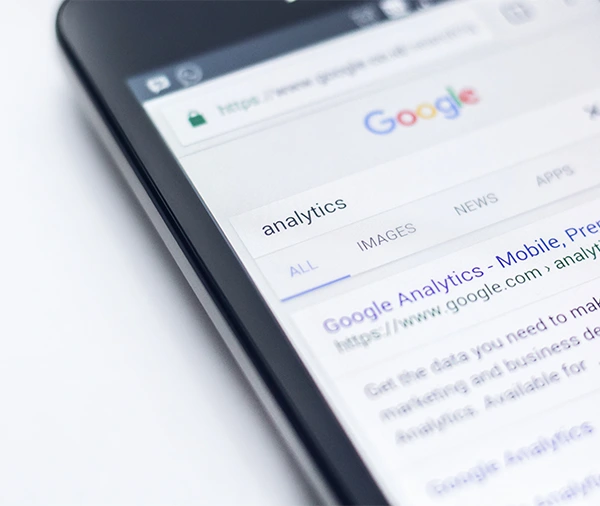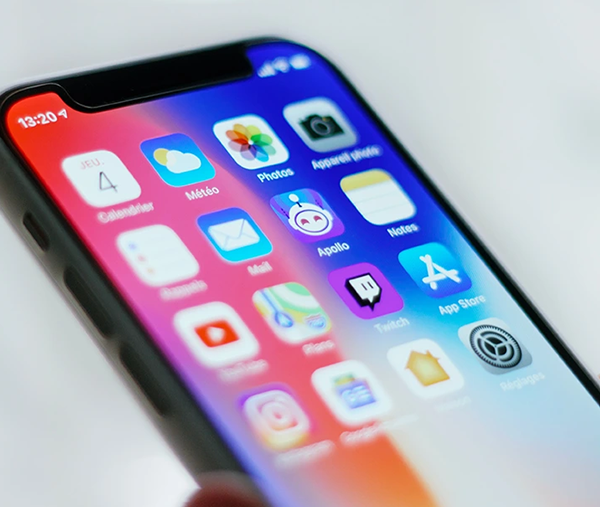Let’s just cut straight to the chase. If your business wants to compete in today’s online world, you NEED a successful search engine optimisation (SEO) strategy. There are no two ways about it.
This means getting high rankings for certain keyword searches related to your product/service. You get high rankings, you get greater visibility. You get greater visibility, you get more purchases. You get more purchases… well, we’re pretty sure you know the rest.

“61% of B2B marketers say SEO is their top inbound marketing priority.”
How is B2B SEO different from B2C SEO
B2B SEO and B2C SEO have certain things in common. They share the same Google ranking factors for starters. There’s no special ‘B2B algorithm’.
But let’s have a look at what separates the two:
Targeted keywords are low-volume.
This can mean keywords get as few as 10 searches a month. Super low. But remember, quality over quantity. In contrast, B2C SEO targets high-volume keywords, often with thousands of searches per month.
Keywords are long-tail.
When B2B buyers use long-tail keywords to search, it signals that they are investing time in research, with the intention to purchase. Long-tail keywords often answer B2B customers’ questions and provide solutions to problems.
They’re an indirect yet clever SEO marketing strategy. B2C SEO keywords, on the other hand, are short-tail and more broad in nature.
Content is published for decision-makers.
Often there are multiple decision-makers involved in B2B. Blogs and email marketing are popular vehicles for B2B SEO content. Instead, B2C SEO publishes content for a wide audience. Content sometimes includes things like TikTok videos.
Content is strategic.
The tone of B2B SEO is usually informative, professional and data-driven, while B2C SEO content tends to be entertaining.
It’s also worth bearing in mind that the B2B sales funnel is a little different to that of B2C. The stages are the same, but B2B decision-makers spend a decent portion of their time in the research and information gathering phase. There’s also more back-and-forth between the vendor and the potential buyer.


How to create a successful B2B SEO Strategy.
For starters, you need insight into your target audience. One way to do this is by creating buyer personas. When you know your audience, you get a better idea of what they’re searching for.
By targeting the right keywords, your brand and your content will show up in your target audience’s search results. But if your pages don’t load rapidly or they don’t provide a positive user experience, your conversions can suffer.
So what’s the best way to convert? By making sure all the elements of your SEO strategy are working seamlessly together. That way, you’ll bring in the kind of quality traffic that converts to leads, pipeline and revenue.
It sounds easy, but in practice, you may need a bit more manpower than you first imagined. Partnering with the best B2B SEO agency can help you accelerate this process and save yourself a large number of hours. Bonus points if you find one with proven creative talent and programmatic marketing expertise.

Why use a B2B SEO agency?
At True, our digital marketing strategists are well-versed in delivering successful SEO for B2B services. So if you think SEO is your next avenue of growth for your B2B company, feel free to tee up a chat with one of our strategists and let’s see how we can crush your marketing goals.

